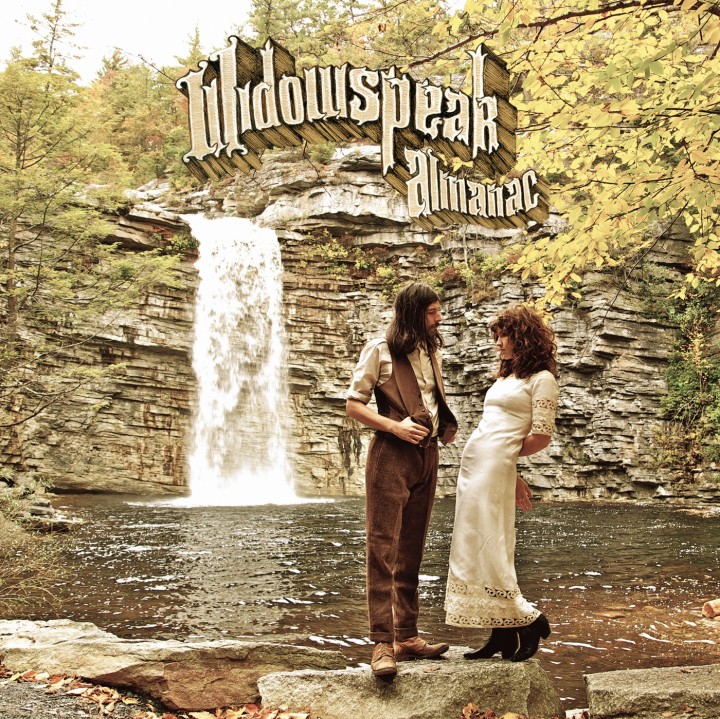Dream pop is really only as overcrowded with young artists as any other style of guitar music these days, so why is it the one that feels the most played out? Don’t even try to convince me that the popular (and often great) garage rock and punk of the last couple years has more “original ideas” or whatnot . Certainly innovation isn’t the selling point of every great record, and it’s hard to say that a band like Beach House is “ripping off” some kind of previously concocted sound anyways. Maybe, then, we can conclude it’s the qualities that dream pop has shared with so many other come-and-gone microgenres and trends in this young decade’s DIY music that have weighed it down, the most obvious of which are the thick layers of reverb that have lately come to be widely seen as less of an “effect” than a mask, often hiding low production values and melodic weakness behind a washed out haze.
I was originally turned onto Widowspeak because they were compared to Mazzy Star, a band whose organic instrumentation, direct songwriting, and relative lack of effects is barely recognizable as dream pop by today’s standards. And it’s worth noting that the comparison is very apt, and not just for the reasons one might expect. Vocalist Molly Hamilton does sound often uncannily like Hope Sandoval, and Widowspeak is more likely to implement clean leads and traditional instrumentation than they are unrecognizably manipulated guitars or vocal effects–songs like “Perennials” and “Devil Knows” recall the success of Real Estate’s wistful, wandering pop tunes on Days with a slightly more starry-eyed twist. But Widowspeak is also like Mazzy Star in that they’re just as likely to pull out a left-field jam like “Mary Of Silence” as they are any of their moongazing indie pop numbers. Moody pieces like “Locusts” and “Sore Eyes” are some of the most striking on the record, but also some of the slowest to reveal themselves.
In fact, Almanac’s most fatal flaw is the amount of time and attention it demands of the listener in return for its misty wares. Even the best of these songs can take two or three listens to stick or make any impression; Widowspeak often seem unconcerned with grabbing the listener’s attention, too caught up in their own reflective meanderings to concern themselves with other people, and, as such, the record has an unfortunate tendency to float past uneventfully. Worse, the only moments that do manage to break the atmosphere are the ones that grate the heaviest. The unbearably quaint “Minnewaska” and “Thick as Thieves” serve as the albums most distinctive landmarks, standing between suites of otherwise serviceable tunes as the places at which I’m most likely going to switch to something else.
Almanac’s lone moment of true brilliance, “Ballad of the Golden Hour,” set against the rest of the record’s vague aloofness, feels like Molly Hamilton and company suddenly taking a break from staring off into the distance and looking the listener straight in the eye. Like Mazzy Star’s most brilliant cut, “Fade Into You,” it benefits most from its feeling of real human connection, a feeling that Widowspeak fails to conjure anywhere else on Almanac. As it stands, the rest of the record proves to varying degrees that it’s not necessarily reverb or effects that alienate–you can sound just as distant armed with nothing but clean instrumentation and an impenetrable air of disinterest.

